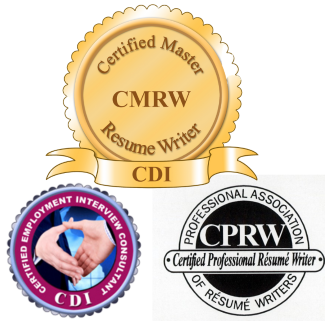 Job search and financial stress often unfortunately go hand in hand. Money can be a source of stress for many, especially while experience job uncertainty. Use this following guide to learn ways to reduce stress levels by improving your relationship with money, and of course, when it comes time for professional guidance in looking for a new job or a career change, utilize the trusted resources of Sterling Career Concepts.
Job search and financial stress often unfortunately go hand in hand. Money can be a source of stress for many, especially while experience job uncertainty. Use this following guide to learn ways to reduce stress levels by improving your relationship with money, and of course, when it comes time for professional guidance in looking for a new job or a career change, utilize the trusted resources of Sterling Career Concepts.
Consider your relationship with money
More than half of Americans admit that they deal with financial stress: whether it’s being in debt, not earning enough to make ends meet, or having difficulty saving for a big purchase, it’s common to experience anxiety around money—even if you’re objectively well-off.
The important thing is to avoid comparing yourself to others and focus on your immediate situation with a realistic perspective. Your relationship with money isn’t set in stone: you can improve it over time and reduce its hold over your emotions by reframing your mindset around finances.
How to handle money stress
If you’ve determined that money causes you stress on a consistent basis, it’s important to learn coping strategies—the following tips should help:
- First, determine your financial priorities. For most people, this will be monthly rent or mortgage, utilities, food, credit card bills and transportation costs. While some of these costs will be fixed, food and transportation costs can be reduced. If you can manage your fixed and consistent expenses without too much trouble, you can determine what aspect of your finances needs the most attention. For some, this might be reducing debt. Or, if you’re determined to buy a house soon, saving for a down payment might be your main concern.
- Once you’ve identified what needs the most attention, you can adjust your budgeting to work toward your goals. Often, stress comes from confusion or uncertainty, so by identifying your goals and making a plan to achieve them, you’ll regain a sense of control over your finances—and your mental health.
- Learning positive coping mechanisms is also vital, as your money stress could have a ripple effect on your health and well-being. Along with making a financial plan (apps such as You Need a Budget can help), focus on self-care strategies such as socializing, eating well, and exercising regularly (apps such as the LadyBoss Pocket Personal Trainer can get you on track) to manage your stress.
Pick up a side job
Sometimes, the best way to ease financial stress is by picking up a side hustle. This is especially helpful if your goal is to save money for a specific purpose. Then once you achieve that goal, the side job may no longer be necessary. However, if you’re struggling to make ends meet, the side hustle might be critical to covering your living expenses.
Even if you work a full-time job, one way to make money on the side is by freelancing. People from several different industries can find freelance work—accountants, writers, web designers, and even personal assistants can be freelancers. Set up a profile on an online job board to begin looking for clients, and keep in mind that you can set your own hours and rates.
Not all side jobs involve more computer time though. Dog walking, babysitting, and tutoring are all possibilities. There are even dog walking apps that make it easy to start earning money right away.
In summary
While it’s important to have a handle on your finances, it shouldn’t dominate your life. Determine your financial priorities and develop a new budget that helps you reach your goals, and if you need some extra income to save money or to make ends meet, look into freelancing or another side job to help you get through.
Are you looking to improve your career or explore new options? Use one of Sterling Career Concepts’ services to help you get on the right path!

